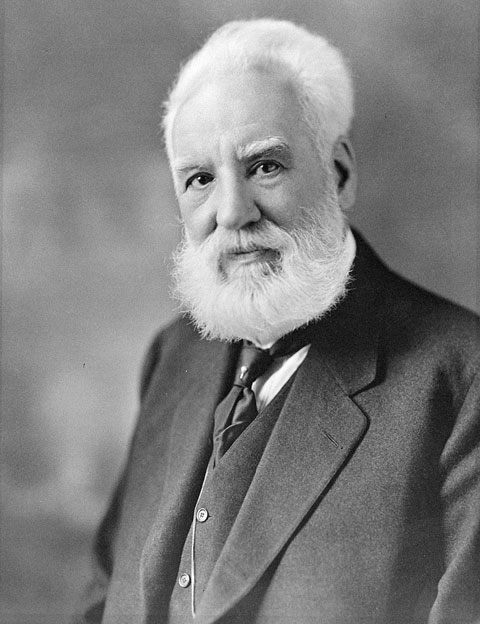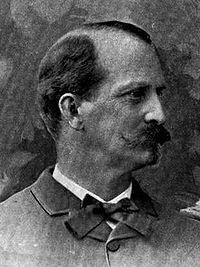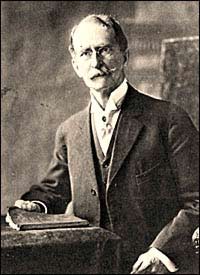Words: 520
[Book Review]
Discussed in this review:
Never the Twain Shall Meet: Bell, Gallaudet, and the Communications Debate Richard Winefield Gallaudet University Press, $22.95 Available at https://www.clercscar.com/books/twain.html
I refuse to subscribe to any of the magazines that A. G. Bell

founded. For me, Bell

is the enemy. It was with this mindset that I read Richard Winefield's Never the Twain Shall Meet. The book is enlightening. Although an academic book, it was easy for me to read and get hooked into.
The book begins with a well-written brief history of education for the deaf. It delineates how we arrived to the debate between oral and combined methods. At the end of the chapter Winefield writes "[History] shows that neither Bell

nor Gallaudet

actually caused the wide rift that obviously existed between oralists and combinists. Their positions as leaders did give them the opportunity to narrow it, and each man often expressed a desire to do exactly that. Their inability to succeed at making peace doomed the field (of deaf education)."
Winefield uses quotes from letters and personal journals as well as articles to give readers a clear view of how these men thought. Through these letters, readers recognize the story of the conflict is not all black and white. I was surprised to read that "Bell not only accepted the beauty of the language--he even accepted it for the purpose of developing the mind." Bell did not consider sign language inferior to English; his opposition to the use of sign language was that it, as he believed, prevented integration. For Bell, integration equaled success. On the other end, E. M. Gallaudet,

like his father, believed sign language to be the natural language of the deaf. Gallaudet considered the oral method "artificial."
Winefield debunks many of the misconceptions about Bell in this book. I also got to see Mabel Bell, his deaf oralist wife, in a different light. Their romance has been glamorized by Hollywood, but the real story is much more interesting. This deserves more analysis, but alas, that's not the intention of this book.
Separating facts from myths, Winefield scrutinizes the debate and relationship between E. M. Gallaudet and A. G. Bell. He puts them under the microscope, dissecting their relationships, philosophies, and legacies. The in-depth study humanizes both men and gives a clear picture of how they went from being friends to becoming archrivals. Ironically, the source of their conflict appears to have been a case of miscommunication. I'm not going to divulge any details here; you'll have to read the book to get to the heart of the rivalry.
Being presented with the facts, readers can then make up their own minds about whether Bell is indeed the enemy. The book does not support one method over the other. In fact, Winefield explains in his preface that he believes it depends on the child. I don't agree with his assessment in the preface but I understand how it led him to write the book.
Unfortunately, the rift in deaf education is still wide, and opposition on both sides is still as strong as ever. I recommend this book to parents of deaf children and to my peers in the deaf community, regardless which side of the fence they are on. Knowledge is power!
=====
Lucille Blackwell teaches at the Missouri School for the Deaf.


